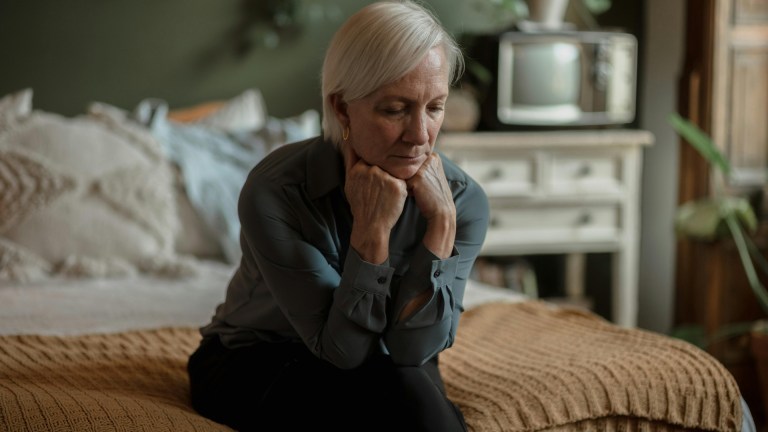Yet according to Shawbrook, this could be a severe underestimation, given landlords who have already made improvements to their properties have spent £8,900 on average to date.
Private rents paid to landlords have already seen the biggest annual rise for five years, January figures from the Office for National Statistics show.
Wider market issues such as labour and material shortages could also cause landlords’ final bills to rise.
Renovations to improve a home’s energy efficiency rating include changing the windows, replacing older appliances with energy-saving ones, installing heat controls like a thermostat, and installing better insulation.
Tenants in London are most likely to have to foot the bill for such costs themselves, with 68 per cent of landlords in the capital saying they’d pass at least some of the costs on to their tenants.
Nearly a quarter of landlords across the UK said some of their properties were rated D or below for energy efficiency.
In addition, almost one fifth of landlords expect rents to rise initially as a consequences of the new regulations.
Tenants living in energy efficient properties can expect lower energy bills as a result of more energy efficient features, but it typically takes many years for the cost of energy efficiency improvements to be fully offset through lower bills – and those tenants whose bills are not included in their rent will miss out on potential savings.
Emma Cox, sales director at Shawbrook Bank, said: “Tenants could be caught in the crossfire as landlords seek to recoup some of the costs.”
Cox explained that even if a landlord did not intend to pass on the costs to their tenants, those that did would ramp up market rents in the UK as a whole.
She added: “Landlords have a key part to play in the drive towards a greener future for the UK. While challenges and questions still remain, bringing the wider market together to educate landlords and support tenants during the process will help to mitigate some of the upcoming challenges.”
Furthermore, the upcoming regulations might impact the type of properties that landlords buy, leading them to reject older, less energy efficient ones for newer builds.
A quarter of landlords said they would avoid buying a property with a low energy efficiency rating, while 30 per cent said they would be inclined to buy a property which already held a rating of C.
And more than one in 10 landlords say they would only buy properties that had been built in the last 20 years, with knock-on effects for the housing market as a whole, such as older properties declining in value and becoming harder to sell.










